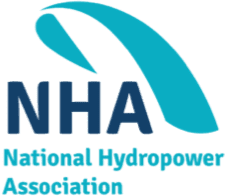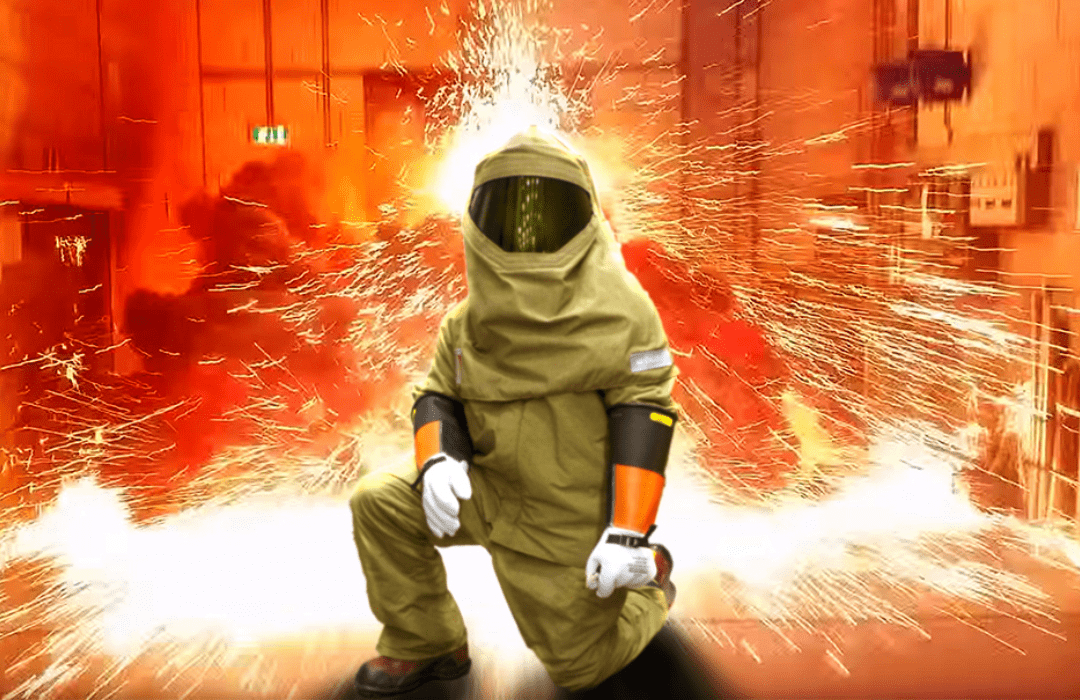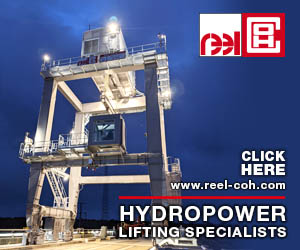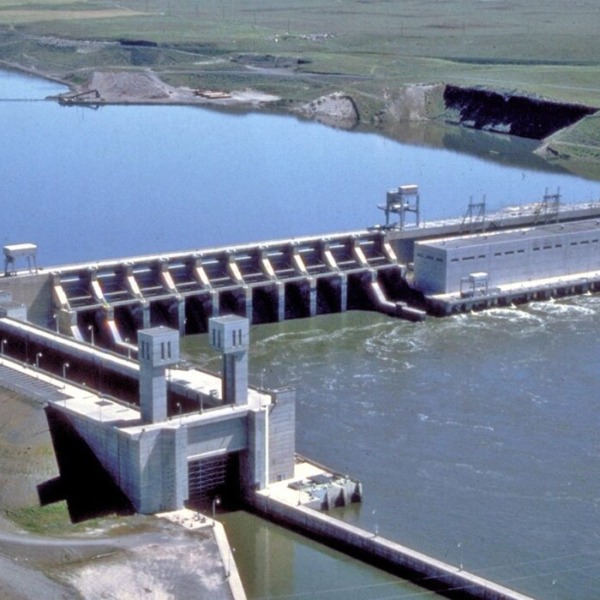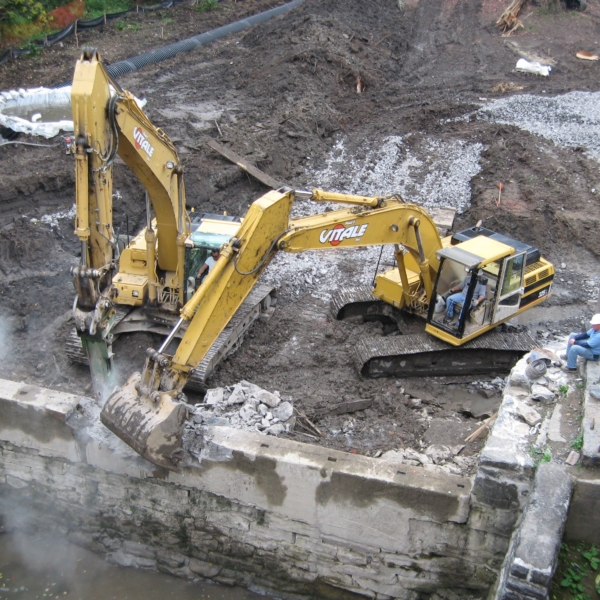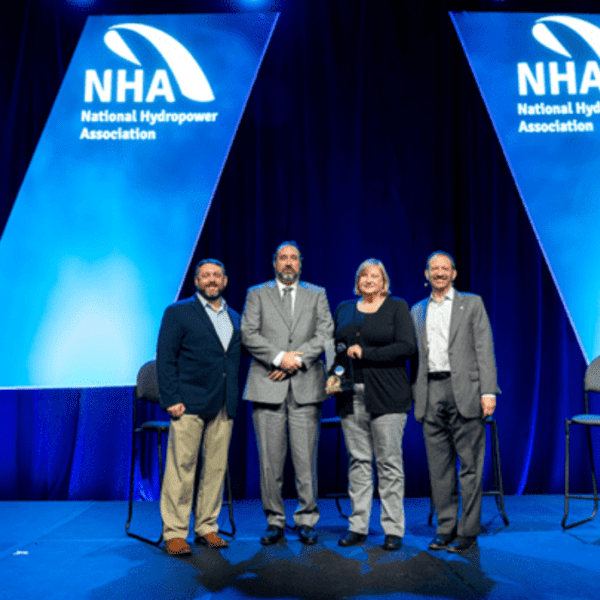Continual learning and professional development is important in any industry, but especially critical in industries in which large numbers of seasoned professionals are retiring. That’s the situation in the hydro industry.
At least a fourth of the professionals in the industry are expected to retire this decade. As a new generation of workers replaces these retirees, the demand for “on-the-job” training and education is skyrocketing.
To help provide continuing education opportunities for hydro professionals, the National Hydropower Association (NHA) is launching a “Hydro Academy.”
“We consulted with member organizations, who have requested specific training opportunities to provide continuing education opportunities to new staff, and from those discussions, the Hydro Academy was born,” says Marla Barnes, vice president of member and industry engagements at NHA. “The educational offerings through the Hydro Academy provide a way for folks to become students again while getting up to speed on a topic or issue.”
NHA envisions the Hydro Academy offerings to be needs-driven. “We are working with member organizations to identify specific topics about which their employees need more training or education, and then finding qualified instructors to provide that training.,” Barnes said. The plan is for some of the offerings to be in person and some to be virtual. Where it makes sense, the association is looking to co-locate the in-person Hydro Academy courses with other NHA-organized events, such as the association’s Regional Meetings series.
GETTING STARTED: A FOCUS ON UNIT AND PLANT SAFETY
One perpetual “in-demand” training topic is anything to do with safety … especially safety and reliability of units in a hydro plant as well as worker safety.
Building on this identified need, NHA is partnering with Eaton to offer a 2-hour course titled: “Optimizing Safety and Unit Protection: Grounding Considerations and Arc Flash Reduction Techniques.”
The in-person course is on Monday, December 5, from 2 p.m. to 4 p.m. in Chattanooga, Tennessee. (NHA’s Southeast Regional Meeting is also occurring in Chattanooga on December 5 and 6 — the agenda for that meeting is here.)
The course will be taught by two Eaton experts: Kevin Quirion, national engineering manager for power generation and microgrids, and Chris Finen, national application engineer manager. The topic, “Grounding Considerations and Arc Flash Reduction Techniques,” pertains to:
- Grounding – the protection of electrical systems to ensure the safety of both operators and equipment from the dangers of high voltage electricity
- Arc Flash – a phenomenon where a flashover of electric current leaves its intended path and travels through the air from one conductor to another, potentially resulting in injury or death to an operator in proximity
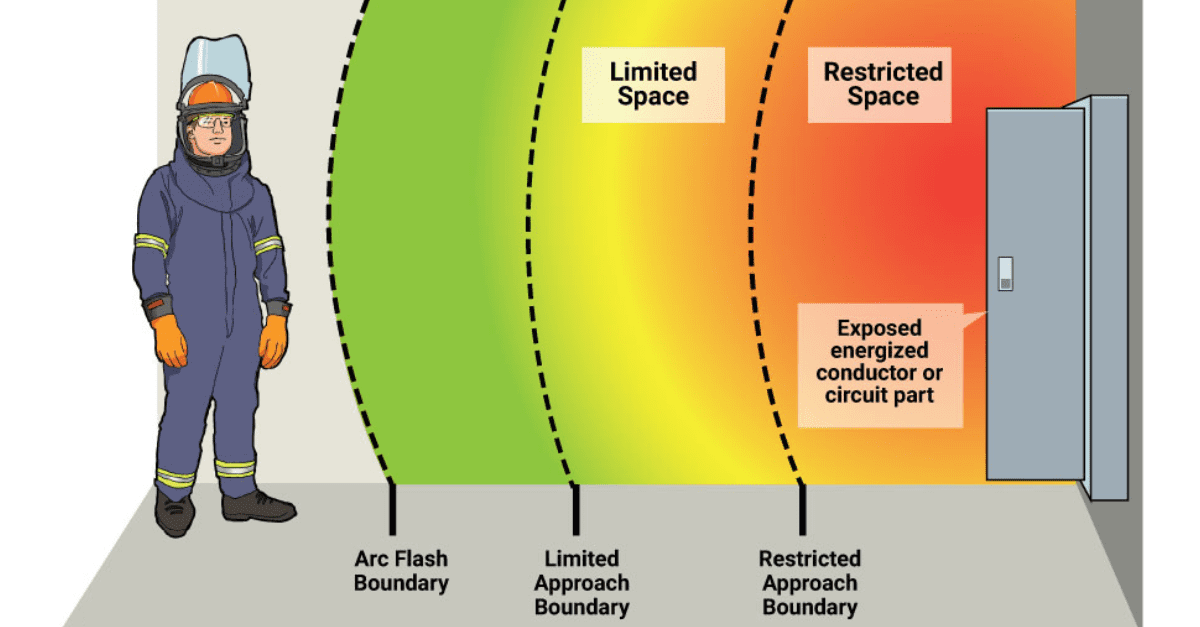
Diagram explaining how an operator should calculate arc flash boundary.
During a conversation with POWERHOUSE, course instructor Kevin Quirion provided insight into who would benefit from the course:
“Owners and operators,” he said, adding, “No matter your experience, whether you’re a senior individual or fresh out of school, we’re going to cover it all.”
By participating in the Hydro Academy course, attendees will develop a more complete understanding of the following:
- Grounding and testing methods for operator safety and maintenance
- The importance of machine grounding
- Grounding techniques for balancing unit reliability
- Personnel safety and arc flash awareness
- Arc flash mitigation techniques and technologies
Through attendance, owners can ensure that important techniques are being taught to new employees, and that operators, and the equipment they work with, will be protected.
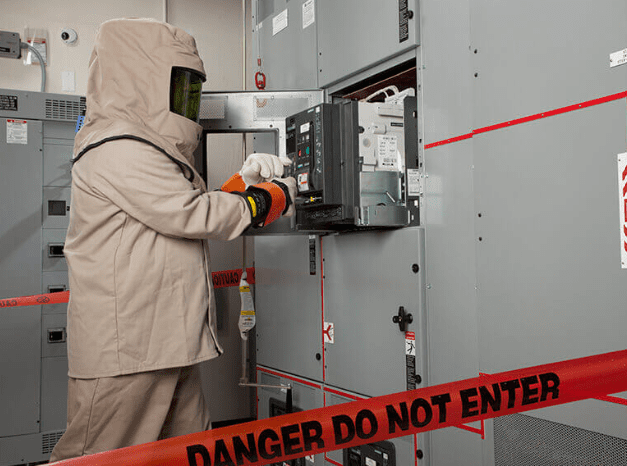
THE IMPORTANCE OF OPTIMIZING SAFETY AND UNIT PROTECTION
Kevin Quirion believes the goal of hydropower facilities is to make power safely, but to do so, the operators and equipment must be secured. Beyond physical safeguards, one form of protection comes by way of knowledge: simply, if operators have a robust understanding of how equipment works, and owners prioritize educational opportunities that train employees on how to keep facilities safe, then major problems can be avoided.
When POWERHOUSE spoke with Quirion, he explained why courses like “Optimizing Safety and Unit Protection” benefit the hydropower industry:
“There is a huge problem within the industry of an aging workforce,” he added, “Grounding, and especially arc flash, are more of a newer phenomenon that we’re kind of wrapping our heads around. The awareness of it is 25 years old, but when you look at my parents’ generation, they didn’t really know what arc flash was, so if there was an explosion in the panel, and somebody was seriously injured, or even passed away, then it was something that wasn’t really understood. Now, [the education] is everywhere. We understand that [arc flash] is a hazard, and it is something to be considered by all aspects of power generation.”
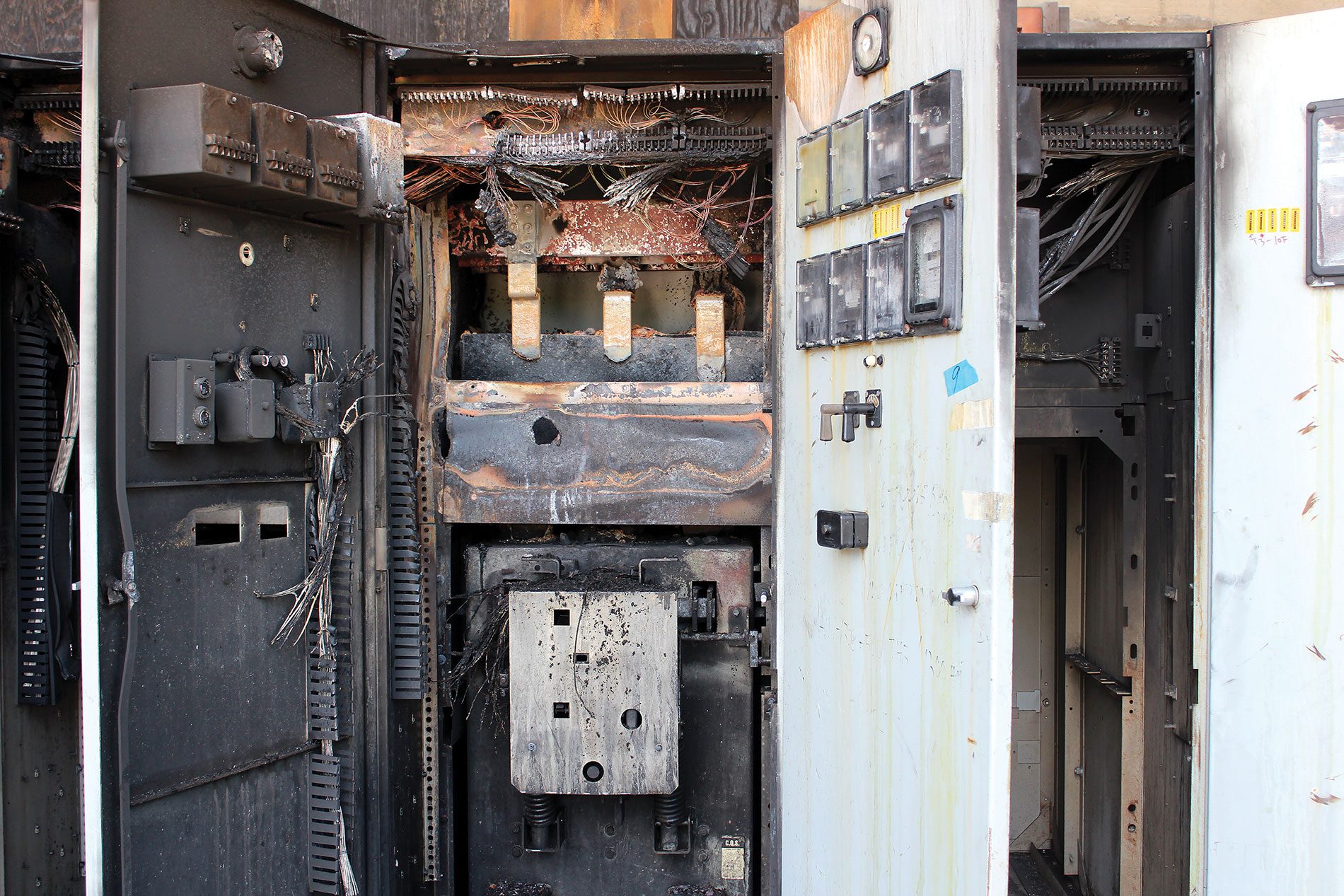
Electrical equipment damaged by an arc flash.
As the hydropower industry grapples with high retirement and turnover rates during the next 5 – 10 years, the threat of knowledge loss is real; Quirion views “Grounding Considerations and Arc Flash Reduction Techniques” as a means of addressing that challenge:
“This course will help bring awareness to the industry, to the operators and people involved,” he added, “There are different strategies to better and more effectively ground units depending on their system configuration. So as people age and work their way out of the industry, we need to keep newer individuals aware of the technologies that are in play.”
The exchange of knowledge isn’t limited to the classroom, as Quirion views the training opportunity as a means of preserving operators and equipment, as well as a way for participants to take what they learned during the course and share that knowledge with co-workers.
When asked about why the topic is so important to the hydropower industry, Quirion replied:
“For example, take a generator. It’s a multi-million-dollar piece of equipment, and [owners and operators] should be able to ask the question, ‘Is the unit properly protected?’ ‘Is the unit going to stay in service for 20, 30, or 50 years?’ As an owner or operator that’s a question you should be able to ask and know the answer. You should be confident that the equipment is going to withstand any kind of fault that occurs and that the personnel operating the equipment will be safe. If you can’t answer those questions, then this course is for you.”
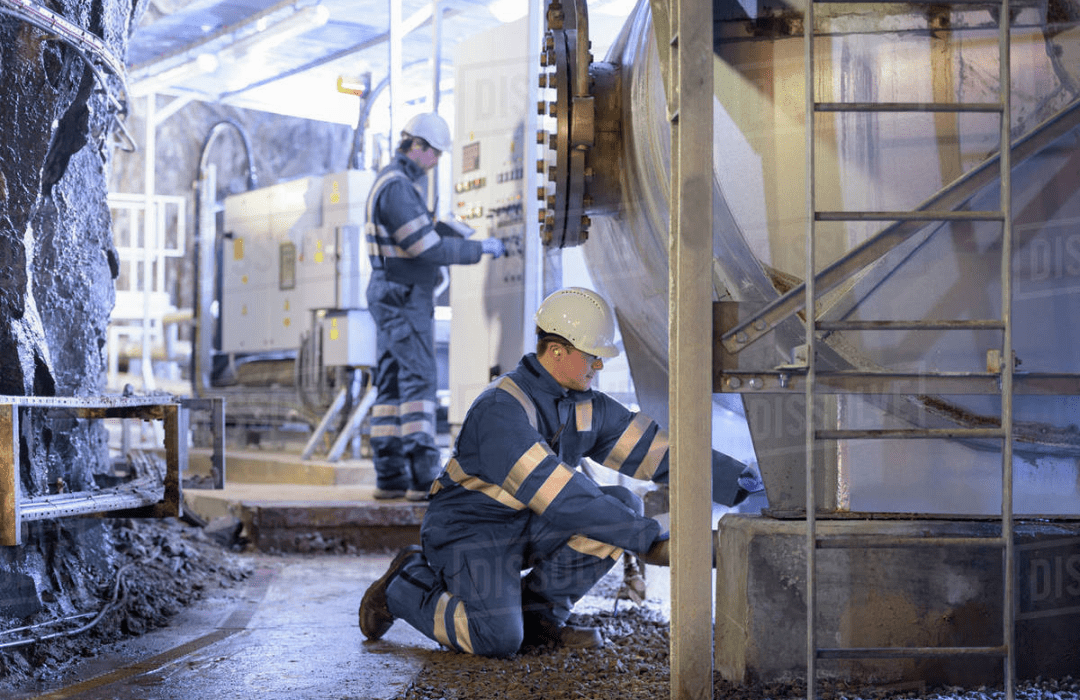
FOR MORE INFORMATION
If you’re interested in enrolling in the December 5 Hydro Academy course “Optimizing Safety and Unit Protection: Grounding Considerations and Arc Flash Reduction Techniques” in Chattanooga, Tennessee, click here to register.
If you have additional questions, please reach out to Marycella Dumlao, meeting planner and program coordinator at NHA, via email.

